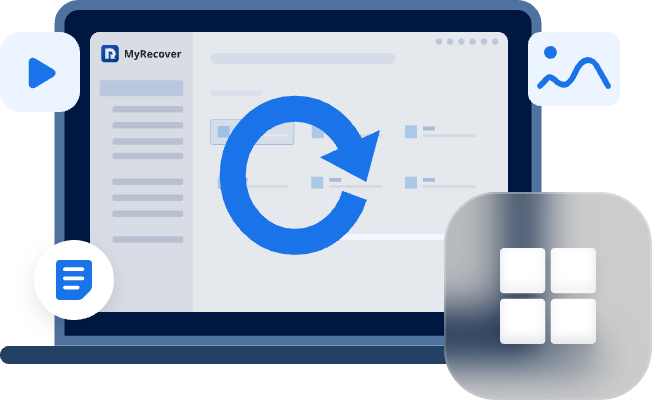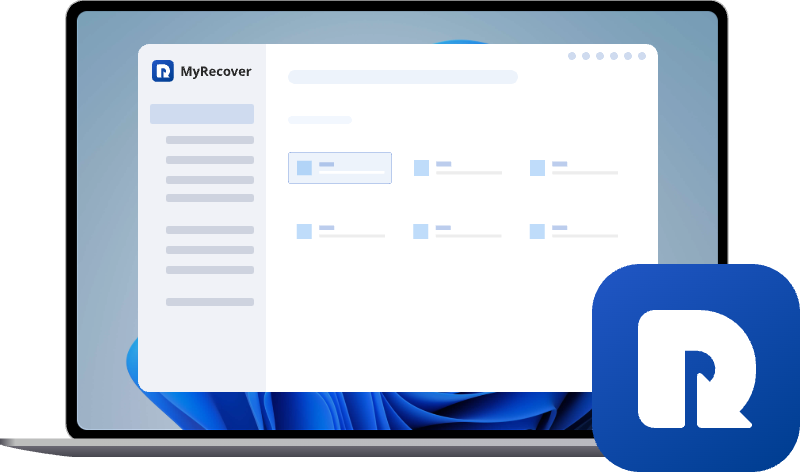Outlook Automatically Deleting Emails
Outlook automatically deleting emails is a common issue that can cause frustration for users. This article explores the problem, its causes, and offers solutions to resolve it.
The Problem of Outlook Automatically Deleting Emails
Outlook automatically deleting emails is a common problem faced by many users. It can be incredibly frustrating to find important emails missing from your inbox or even worse, permanently deleted. This issue can disrupt your workflow and cause significant inconvenience. In order to understand why Outlook may be deleting emails, it is essential to explore the potential causes.
Possible Causes
There are several reasons why Outlook may automatically delete emails. Understanding these causes can help in finding an appropriate solution:
1. Incorrect Email Rules
Outlook allows users to create rules for managing and organizing their emails. However, if these rules are not set up correctly, they can unintentionally delete incoming emails. For example, a rule that automatically moves emails from a particular sender to a specific folder may mistakenly delete these emails instead.
2. Spam Filtering
Outlook's built-in spam filter is designed to identify and move unwanted messages to the Junk folder. However, this filter is not foolproof and may sometimes mark legitimate emails as spam, resulting in their automatic deletion. It is important to review your Junk folder regularly to ensure important emails are not being wrongly deleted.
3. Deleted Items Retention Settings
Outlook has default retention settings for deleted items, which determine how long deleted emails are kept in the Deleted Items folder before they are permanently deleted. If these settings are configured to delete emails too quickly, you may find that your emails are disappearing from the Deleted Items folder without warning.
Solutions
Now that we have identified the possible causes of Outlook automatically deleting emails, let's explore some solutions to address this issue:
1. Review and Modify Email Rules
Start by reviewing the email rules you have created in Outlook. Ensure that these rules are correctly set up to avoid unintentional email deletions. If you find any rules causing the problem, modify or delete them accordingly. Be cautious when creating new rules to prevent similar issues from arising.
2. Adjust Spam Filtering Settings
If you suspect that Outlook's spam filter is incorrectly categorizing legitimate emails as spam, you can adjust the spam filtering settings. Open the Junk Email Options in Outlook and modify the level of filtering or add trusted senders to ensure important emails are not mistakenly deleted.
3. Check Deleted Items Retention Settings
Verify the retention settings for deleted items in Outlook to ensure they align with your preferences. Access the folder properties of the Deleted Items folder and adjust the retention period if necessary. This will prevent emails from being permanently deleted too quickly.
Recommendation: Use MyRecover
A highly recommended software solution to prevent Outlook automatically deleting emails is MyRecover. This software provides a robust archiving capability that allows you to efficiently manage and preserve your emails. It securely stores your emails, preventing any accidental deletions or loss of important messages. Key features of MailStore include:
- Efficient Archiving: MailStore efficiently archives your emails, including attachments, in a centralized and searchable repository.
- Easy Integration: MailStore seamlessly integrates with Outlook, providing a user-friendly experience without any disruptions.
- Data Security: MailStore ensures the security of your archived emails with encryption and access controls.
- Flexible Search: With MailStore, you can easily search and retrieve archived emails based on various criteria.
To use MyRecover, follow these steps:
- Download and install MyRecoverfrom their official website.
- Configure MyRecoverwith your email account(s) and customize archiving settings as per your requirements.
- Run the archiving process to create a backup of your emails and prevent any accidental deletions.
- Regularly schedule automatic backups to ensure ongoing email protection.
- Access your archived emails through the MyRecoverinterface whenever needed.
Frequently Asked Questions (FAQ)
Below are some frequently asked questions regarding the issue of Outlook automatically deleting emails:
Q: Can I recover permanently deleted emails in Outlook?
A: Yes, you can recover permanently deleted emails in Outlook if the retention period of the Deleted Items folder has not expired. Simply navigate to the folder and look for the 'Recover Deleted Items' option to restore deleted emails.
Q: Why are my emails automatically going to the Junk folder in Outlook?
A: Outlook's spam filter may be incorrectly categorizing certain emails as spam. Check your spam filtering settings and ensure that trusted senders are not being marked as junk.
Q: How can I prevent Outlook from automatically deleting emails?
A: You can prevent Outlook from automatically deleting emails by reviewing and modifying email rules, adjusting spam filtering settings, and verifying the retention settings for deleted items.
Q: Can I turn off auto-deletion of emails in Outlook?
A: Outlook does not have a specific setting to turn off auto-deletion of emails. However, by ensuring correct email rules and modifying spam filtering settings, you can prevent the automatic deletion of important emails.
Q: Can I recover emails deleted from the Deleted Items folder in Outlook?
A: If the retention period for deleted items has not expired, you can easily recover emails deleted from the Deleted Items folder. Look for the 'Recover Deleted Items' option in the folder to retrieve deleted emails.
Q: How often should I back up my Outlook emails?
A: It is recommended to regularly back up your Outlook emails to prevent any data loss. Depending on your needs and email volume, schedule backups daily, weekly, or monthly.
Q: Can I use other email archiving tools apart from MailStore?
A: Yes, apart from MailStore, there are several email archiving tools available in the market. Some popular alternatives include GFI Archiver, Email Archiver Pro, and Sonasoft Email Archiving Software.
Explaining Technical Terms
Before concluding, let's explain three technical terms related to the topic:
1. Email Rules
Email rules in Outlook allow users to automate the organization and management of their email messages. These rules define specific actions to be performed on incoming or outgoing emails based on predefined conditions.
2. Spam Filtering
Spam filtering is the process of identifying and classifying unsolicited or unwanted emails, commonly known as spam. Email clients like Outlook utilize spam filters to automatically move these messages to a separate folder or mark them as spam.
3. Retention Settings
In the context of Outlook, retention settings determine how long deleted items, including emails, are retained in the Deleted Items folder before being permanently deleted. These settings allow users to define the duration for which deleted items are stored.
Tips
Here are three tips to avoid Outlook automatically deleting emails:
- Regularly review and modify your email rules to prevent accidental deletion.
- Check your Junk folder often to ensure legitimate emails are not being marked as spam.
- Regularly back up your Outlook emails using a reliable archiving solution like MailStore.
Conclusion
Outlook automatically deleting emails can be a frustrating and disruptive problem. By understanding the causes and implementing the suggested solutions, you can prevent this issue from occurring. Using an email archiving tool like MyRecover can provide an added layer of protection for your emails. Remember to regularly review your email rules, adjust spam filtering settings, and verify retention settings to ensure a smooth and efficient email management experience.


